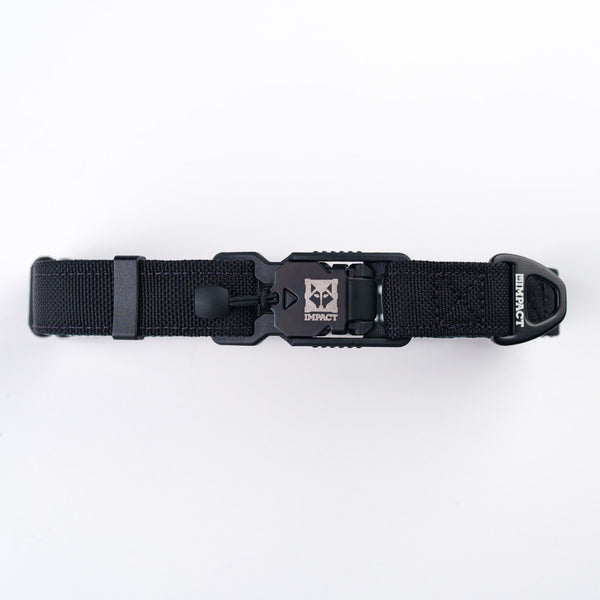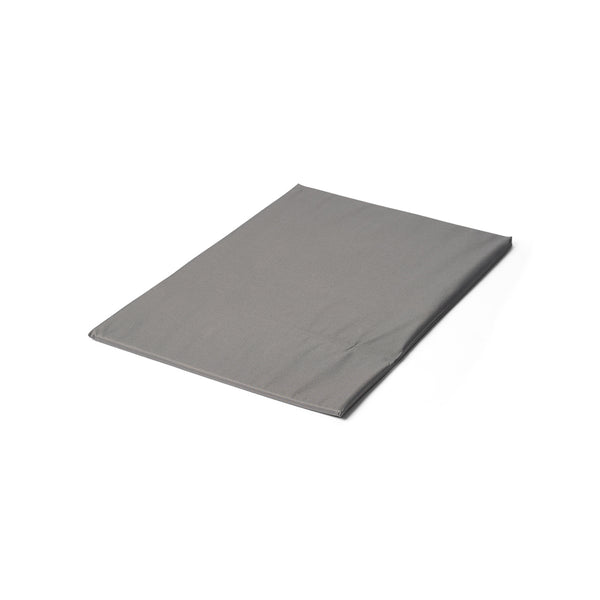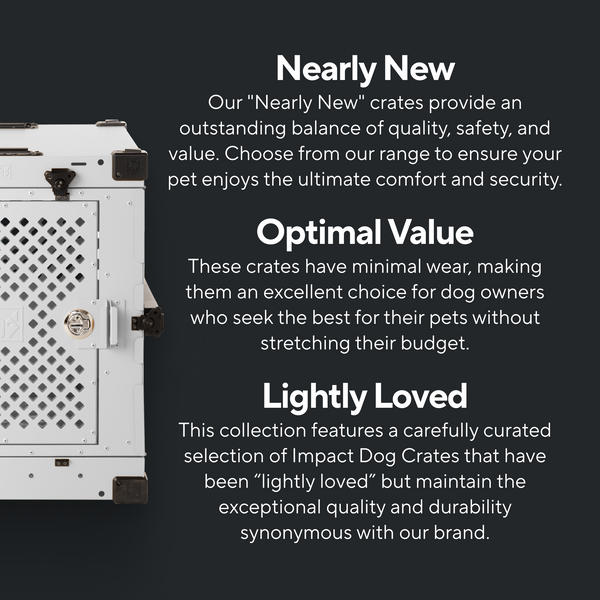Are you prepared for a pet-related emergency? Unexpected situations can happen anytime, anywhere. Although you may not know how to respond to every incident, you can still prepare yourself by having essential medical supplies close by.
If you don't already have a first-aid kit prepared for your pup, it's not too late (or difficult) to make one! You can save quite a bit of money by packing a first-aid kit yourself and you can make your kit as simple, or as extensive, as you'd like. Conveniently, many of these medical supplies are used for humans as well, so you can stock up for the both of you!
Here are the essentials to include in a canine emergency first-aid kit:
Exam Gloves

Stock up on a few pairs of sterile exam gloves. These can one of the most useful supplies in your kit and won't take up much space either.
Antiseptic Wipes

You may already have a pack of these in your cupboard at home or in your personal first-aid kit. Antiseptic wipes are effective for killing germs and safely sanitizing wounds.
Hydrogen Peroxide

Not only is Hydrogen Peroxide used for disinfecting wounds, but in the event of an emergency this can be used for inducing vomiting. If your dog has consumed a toxic substance, you can orally administer 3% hydrogen peroxide within minutes of the incident to cause your dog to throw up. Immediately call your vet when you suspect your pup has been poisoned for instructions on how much solution should be used.
Celox hemostatic granules

Celox is a safe and quick way to stop severe bleeding and clot blood within seconds. Celox is effective when applied to deep and complex wounds. This is absolutely worth packing in your first-aid kit.
Antibiotic Spray or Ointment

Antibiotic ointment is often found in even the most basic first-aid kits. It can be used to treat cuts, sores, rashes, and allergies. Triple Antibiotic ointment is non-toxic, meaning it's safe if accidentally ingested by your dog.
Burn gel with Lidocaine

It's smart to be prepared for anything, including burns. Burn gel containing lidocaine relieves the pain of minor burns and helps to cool the burn by drawing heat out of the wound.
Eye Wash

Eye wash helps to flush your pup's eyes to help remove foreign material and provide immediate relief. You may even need this for your own eyes too!
Sterile Gauze Pads

Sterile gauze pads or rolls are often included in first-aid kits for humans. These can be used for various injuries and wounds.
Self-Adhering Bandage Wrap

Band-aids are one of the medical supplies designed for people that aren't as effective on pets because... fur. Fortunately, self-adhering bandage wrap is just as easy to apply and works wonders for furry friends.
Cotton Swabs

As you know, cotton swabs serve many purposes. This is also the case for your pups when disinfecting cuts, applying ointment, and treating ears.
Instant Cold Pack

Instant cold packs are convenient for effective relief and no pre-chilling is required. Apply cold packs to injuries to reduce swelling and provide temporary relief.
Towel

Microfiber towels serve many purposes: everything from wiping down a muddy pup after a hike to applying pressure to a wound in an emergency situation. Pack a small towel in your kit, or store a larger towel in a compartment in your car for those unexpected incidences.
Syringes

In a first-aid emergency, a syringe may be necessary. Don't worry, this isn't a medical syringe with a needle. A basic syringe is an inexpensive, yet valuable tool for flushing wounds with more accuracy and for administering liquids into the back of your dog's mouth.
Digital Thermometer

As with most medical examinations, it's beneficial to check your dog's temperature if you suspect he/she is sick. You may need to determine if a trip to the vet is necessary based on your dog's body temperature. Remember to find a digital thermometer with a flexible tip. A healthy body temperature for dogs is between 101 and 102.5 degrees F.
Scissors

You can splurge on a pair of surgical scissors or you can pick out a basic pair of multipurpose scissors. Regardless of your choice of scissors, it's best to have this simple tool available in your kit.
Tweezer w/ Magnifying Glass

Tweezers and magnifying glasses can be helpful either together or separately during specific situations. A multitool such as this one is a valuable tool and ideal for storing in small first-aid kits.
Flashlight

Although most of us have a convenient flashlight button on our phones, there is still a possibility that you're caught in a situation where your smartphone isn't accessible. Someday, you may thank yourself for stashing a fully-charged flashlight in your kit.
Muzzle

There may be an emergency scenario where your dog or someone else's pup needs to wear a muzzle. You can include a soft, adjustable muzzle in a large first-aid kit, or keep one in your car.
Leash and Collar

There are several incidences when a spare leash and collar may come in handy, whether it's for your own pup or another dog. This extra leash and collar can be as simple or as durable as you prefer, but it's smart to have one regardless.
Water

If you're traveling, it's important to pack extra food and water for emergencies. Remember to bring enough spare water for you and your dog.
Canine First Aid Manual and/or App


One of the most crucial tools to include in your emergency kit is a canine first-aid manual. Another potentially life-saving emergency guide to have handy is a pet first-aid app on your phone. If you don't already have canine first-aid experience, it's never too late to learn.
Important Paperwork

Keep up-to-date with your dog's health checks. Always have your pup's medical records, vaccination records, emergency contacts, and any other important info available.
If you suspect your dog has ingested poisonous contents, contact the 24/7 Pet Poison Control hotline at 855-764-7661.
Now, your dog's first-aid kit is good to go! If you feel that your kit is lacking some valuable supplies, you can add as many tools and medical supplies as you feel is necessary. You can also pack an emergency kit for your car and for your home to be prepared for almost any situation, anywhere.







